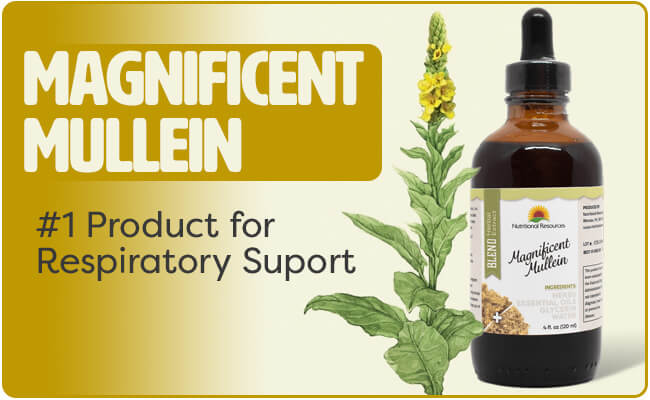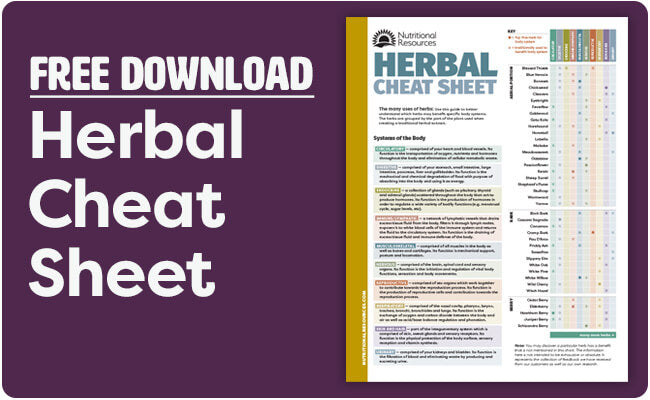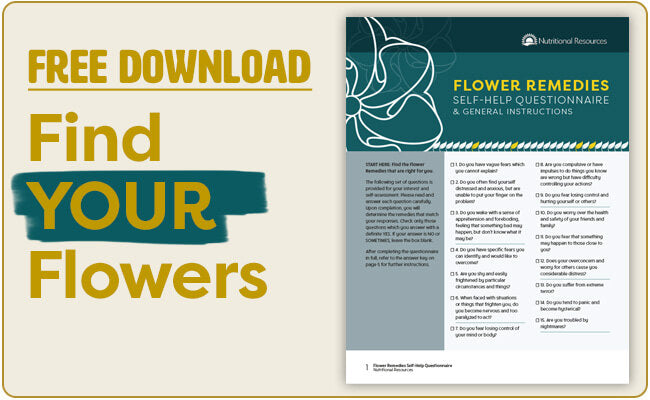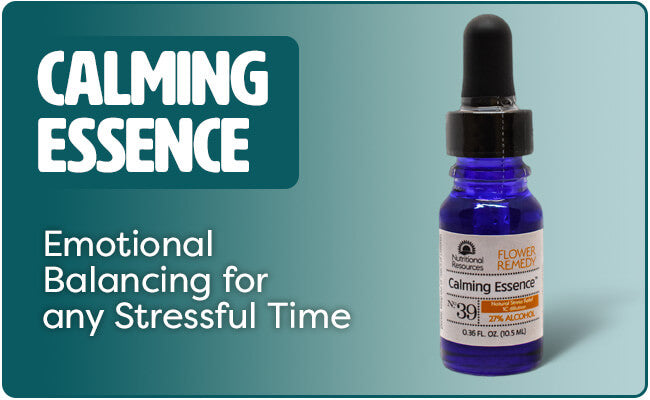Herbs and the Law
Many people ask us "Why can't you just tell me what each herb is good for?" The language we are allowed to use to describe the benefits of herbs is highly regulated. Mark Pedersen, in his book Nutritional Herbology, did an excellent job explaining why this is an issue in our industry. Note: the specific herb the author references in this text has been removed and replaced with [a good herb].
In simple terms, the author explains why an impasse exists between herbal manufacturers and the FDA. Nutritional Resources is grateful for the FDA and the rigorous testing they perform to ensure the safety of products, and we would say the FDA has no problems with herbal products other than they want to test them for safety before manufacturers can market the products with specific claims.
"So what is permitted?"
Nutritional Resources can make system and function claims concerning the benefits of herbs. We can explain the positive outcomes of herbs, but we cannot refer to the specific symptoms of a disease. As you can imagine, this makes it very difficult to share with others the health benefits of herbs in ways that most people easily understand.
For this reason, we created an Herbal Cheat Sheet. This is a free download that links the benefits of our herbal products with the different systems in the body. Check it out here!
"I've seen claims on other websites. How are they able to do it?"
Providing claims about herbs primarily becomes a legal issue when that informational source is also selling herbs. There are many good books and websites that offer a wealth of research on the amazing benefits of herbs. Here are a couple of each for you to check out.
- Recommended Books:
- Practical Herbalism by Philip Fritchey
- Nutritional Herbology by Mark Pedersen
- Recommended Websites:
"What if I have questions?"
We get it — it is frustrating and confusing. But we don't want that to be the reason why you walk away from the amazing benefits of herbs.
We recommend talking to your healthcare professional or reviewing the resources listed above. And even though we are limited in what we can say, you are always invited to give us a call (1-800-867-7353) and we will do our best to answer your questions.





